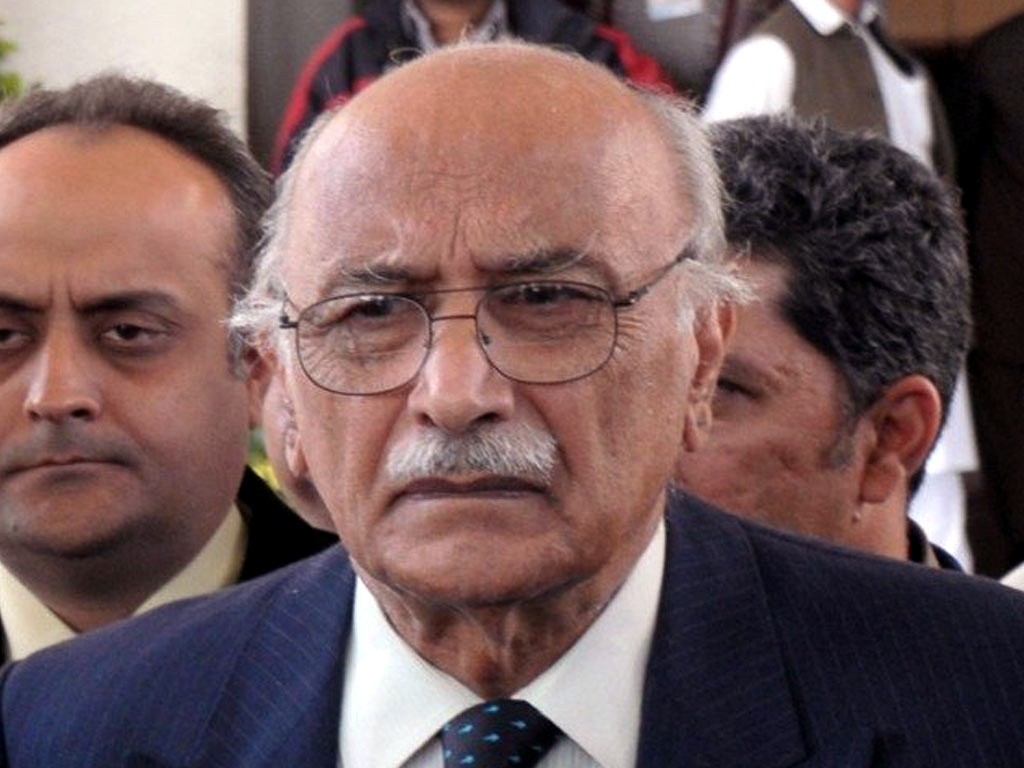Asghar Khan case implementation

When in October 19, 2012, the Supreme Court announced its decision in the famous Asghar Khan case after 16 long years it was hailed as a landmark judgment. For the first time ever those involved, both military and civilian leaders, in manipulating the political process through under-hand means were named and shamed. Yet it went nowhere. During proceedings of the case, former ISI chief Lt-Gen Asad Durrani (retd) had furnished an affidavit admitting that in 1990 he had distributed, purportedly with the knowledge of the then Army chief Gen Mirza Aslam Beg (who denied any involvement), Rs 140 million among leaders of various right-wing parties, including PML-N chief Nawaz Sharif, to prevent the PPP from returning to power. The court had directed the government to hold all the named persons accountable. But for reasons of expediency, both the then PPP government headed by Asif Ali Zardari and its successor, Nawaz Sharif government kept looking the other way.
The Supreme Court recently took up the implementation of its earlier verdict, only to find the relevant agency using every trick to frustrate the effort. During the hearing last Saturday, the Federal Investigation Agency (FIA) tried to wash its hands of the case claiming it had left "no stone unturned in tracing evidence related to the disbursement of money to politicians". And further that all important witnesses, including the scandal's central figure, Brig Hamid Saeed Akhtar (retd), had no recollection of the recipients of the money, nor the banks had any records of who they gave the money to whom. That was as lame an excuse as can be considering that the 2012 judgement contained a complete list of those who took money. The FIA should have talked to them. Surely, the ISI also had kept with it the list of those who participated in the sordid scheme to create distortions in the democratic process. They can be easily identified provided the FIA takes the case with the seriousness it demands. As for the other side, there is no confusion. Gen Durrani is on record to have admitted to the transgression in his affidavit. Yet six years on, he and other officers involved in the dirty affair remain scot-free, perhaps, because those on the civilian side have not faced accountability, either.
The late Asghar Khan's family has rightly said it is a matter of great public importance, and the October 2012 judgement the result of Khan's 16-year-long struggle which must not be frustrated by the authorities concerned. The court is in no mood to give leeway to any of the accused. The FIA as well as Army authorities have been directed to furnish their respective reports, highlighting progress in their respective inquiries into the case. Since under the Army rules even retired officers are tried under the Field General Court Martial, the SC bench has set a one-month deadline for the completion of inquiry against the officers who allegedly distributed money among politicians to manipulate the outcome of the 1990 general elections. Finally, there is hope that the law will take its own course, bringing a bad episode to satisfactory closure.
























Comments
Comments are closed.